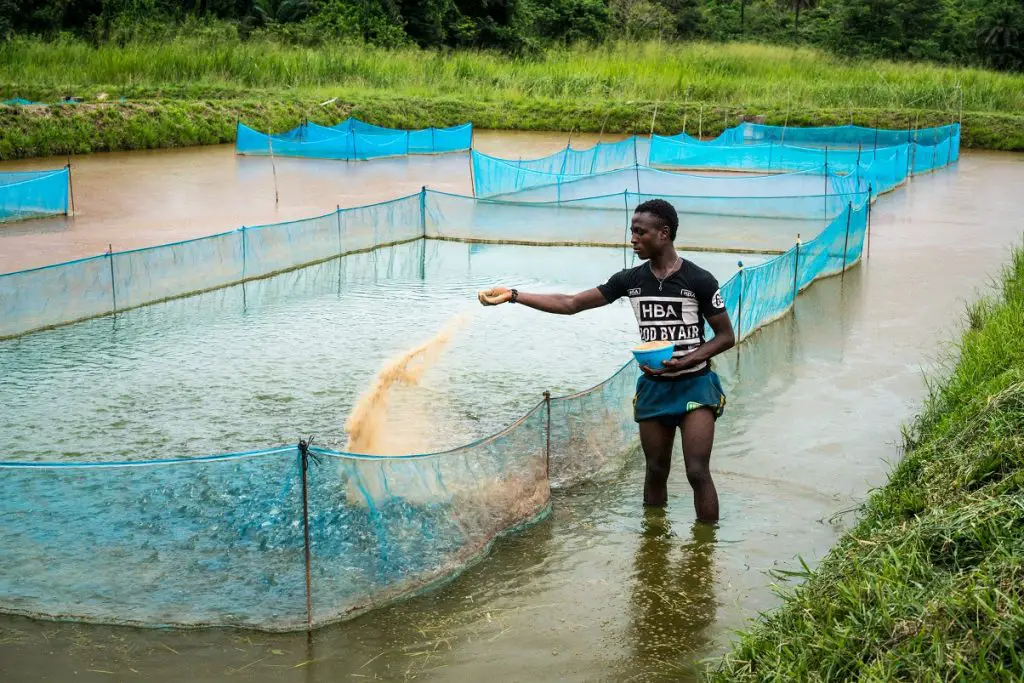There are fears that Kenya will soon be facing challenges of food insecurity yet again despite the lack of a coherent plan on addressing this annual occurrence.
Coming at a time when food imports from neighbouring countries are continually increasing, the shilling is weakening making it even worse for millions facing starvation.
This food deficit is not unique to Kenya but it also characterises many African countries stuck in a cycle of inadequate food.
Maputo Declaration on financing agriculture
Ironically, many countries in Africa have vast arable land and a favourable weather. This means that it is easy to sustain agricultural activities. But, there is no political will to make this a reality.
Africa has the potential to feed not only itself but also the world but investments towards agriculture have been limited. Governments have failed to meet the Maputo Declaration on financing agriculture.
In the 2003 declaration, African governments are supposed to allocate at least 10 per cent of their national budgetary resources to agriculture and rural development.
This policy was to be implemented within five years but 16 years down the line, Africa is still using the begging bowl to nourish itself.
While donor aid and whatever else is given to address the situation cannot be enough, Africa is well able to sustain itself due to the variety of crops and land available.
The continent has a wide range of drought resistant crops which if well invsetd in could turn the tables on the incessant hunger and famine that strike every so often.
On the other hand, the continent has favourable weather conditions which allows for the growing of several other crops which are seasonal.
These crops could be the answer to the droughts and famines. However, there is a challenge with climate change and the challenges that come with it but this can be addressed by adopting climate smart agriculture which is turning the tide.
If done well, the other challenge of the youth not adopting agriculture as a source of income could be addressed.
The next crop of billionaires in Africa will be minted by engaging in agriculture. This is a real issue that has attracted the attention of those attending the Seventh Tokyo International Conference on African Development (TICAD7).
Prioritizing the digital space will help shift the development focus for Africa’s agribusiness sector and overcome its many hurdles, participants at an official side event, organized Wednesday during the 7th Tokyo International Conference, heard.
Digital Agriculture, economic development in Africa
The African Development Bank (AfDB) President Akinwumi Adesina opines that technology can transform agriculture and farmers in Africa.
While he was the agriculture minister in Nigeria, Adesina instituted the issuance of free phones to farmers and an electronic wallet system. These tools were for the delivery of subsidised inputs to farmers. The framers could also access data on their phones making an often tedious process of getting and relaying information easier.
Michael Hailu, Director of the Technical Centre for Agricultural and Rural Cooperation (CTA) said that digital technology is a prerequisite to advancing agriculture on the continent.
He added that it is hard to envisage development without transforming agriculture.
In hailing the role of technology in growing the economies in Africa, AfDB’s Agriculture, Human, and Social Development VP, Jennifer Blanke, called for the harnessing of digital technologies in agriculture.
She said that those interested should see agriculture as a business and not “just a way of life.”
The youth in Africa play a minimal role in agriculture and food production.
The reason behind this is that in Africa, agriculture is not attractive venture for the youth.
A majority of Africa’s population is the youth who unfortunately are unemployed. With many of these living in the rural areas, many more are heading to the urban areas leaving large swathes of arable land behind.
The migration can largely be blamed on governments which are investing very little in their youths.
In addition, there is unwillingness to offer training by the governments and limited access to credit.
For African nations to be food secure, there is no option but biting the bullet and incorporating the youth to become critical players in the sector.
The average of a farmer in Kenya is 55 years.
This makes it difficult to adequately feed the populations which are growing exponentially.
For Africa to advance economically, the youth have to become part and parcel of not only providing cheap labour in menial jobs but also being on the policy making tables.
This is the only way to make youths adopt the next agrarian revolution made in Africa for Africa.
